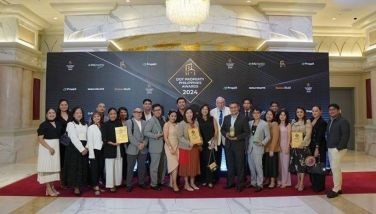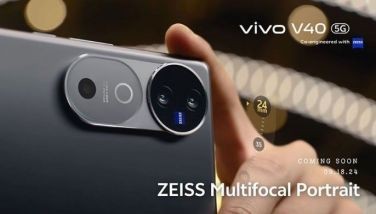Council to DOTr: Cable cars public transpo Iris Mascardo
CEBU, Philippines — The Cebu City Council is asking the Department of Transportation (DOTr) to consider the cable car project from the city to the airport as an intermodal public transport.
This stemmed from the resolution filed by Councilor Rey Gealon who is also the chairman of the Traffic Management Council (TMC) and approved by the legislative body last Wednesday.
Last August 12, DOTr released a statement quoting Transportation Secretary Jaime Bautista as saying that there must be a focus on public transportation that aims to provide convenience to ordinary commuters
"The Department of Transportation is building long railway lines while expanding airports. We are also constructing bike lanes and bus lanes on major roads while upgrading existing seaports. We promote electric vehicles and modern public transport. We are studying the feasibility of cable cars and electric river ferries," he says.
The same statement read that with these various public transport infrastructures and projects, passengers will enjoy a “comfortable, accessible, safe, sustainable, and affordable commuting experience.”
Gealon also filed a resolution parallel to Bautista’s pronouncement. He said last August 10, in an interview on state broadcaster PTV4, Bautista said that several groups have reached out to the government for a potential public-private partnership for the country's first cable car system to be proposed for public transportation.
It added that has been drawing interest from private-sector players who want to team up with the government to realize the project as also stated by the DOTr.
According to Gealon, cable cars can help reduce traffic congestion in dense urban areas by providing an alternative mode of transportation for commuters.
“Since cable cars do not operate on streets, they do not contribute to overcrowding on city streets, which can reduce traffic congestion and also reduce carbon emissions and promoting sustainable urban development,” he said.
He, however, said that although cable cars have shortcomings as well, like high installation costs and potential weather-related disruptions and outages, these can be lessened by designing and building cable cars to withstand extreme weather conditions.
Gealon added that it can also be feasible and sustainable by putting maintenance and repair schedules in place to guarantee that outages are kept to a minimum.
“Funding can also be established to partially offset the initial cost of running cable cars, increasing its viability from a financial standpoint for local communities,” he said.
As for its strategic locations, Gealon said that given the significant traffic issues in Mandaue City, the establishment of a cable car system connecting the area to Lapu-Lapu City would alleviate the traffic problem. (CEBU NEWS)
- Latest




















